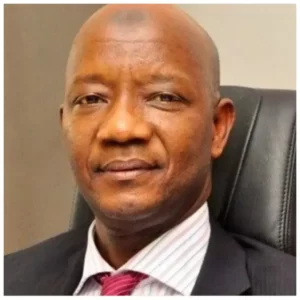The Federal Executive Council (FEC) has granted approval for a $3.45 billion loan application to fund five distinct projects. These projects encompass the power sector, renewable energy initiatives, a state resource mobilization program, an adolescent girls’ learning and empowerment initiative, and a women’s empowerment project.
The Minister of Finance and Coordinating Minister of the Economy, Wale Edun, confirmed the approval and clarified that the loan would be obtained from the World Bank with a unique structure. The loan is considered “zero-interest” and comes with a repayment period of 40 years, featuring a 10-year moratorium, meaning that repayments will commence from 2033.
Edun provided further details on the approved projects, which span various sectors. The funding is expected to support the development of the power and renewable energy sectors, resource mobilization efforts by states, empower adolescent girls through education and skill-building, and promote women’s empowerment.
One of the projects, the Adolescent Girls’ Initiative for Learning and Empowerment, is a $700 million program designed to provide young girls of secondary school age with valuable skills alongside their academic achievements.
In total, these five projects amount to $3.45 billion, with the loan terms featuring extended tenures, a lengthy moratorium, and low or zero interest, while some fees will be incurred.
Dr. Tahir Mamman, the Minister of Education, highlighted the expansion of the girls’ initiative from seven initially participating states to 11, aimed at empowering girls aged 10 to 20 across these states. This expansion aligns with the government’s commitment to reducing the number of out-of-school girls and children in the country.
Additionally, the Federal Executive Council approved the establishment of the Humanitarian and Poverty Alleviation Fund, with the goal of generating $5 billion annually to address emergency responses to humanitarian crises. Funding for this initiative will come from various sources, including government contributions, support from development partners, private sector investments, and individual contributions.









